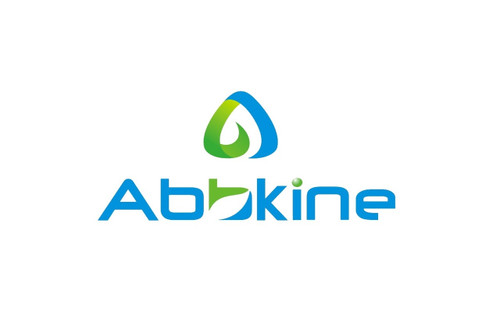Product Description
Human Annexin A4 (ANX-A4) ELISA Kit | AE61773HU | Abebio
Species Reactivity: Human (Homo sapiens)
Abbreviation: ANXA4
Alternative Name: ANX4; DKFZp686H02120; MGC75105; PIG28; ZAP36; annexin IV|annexin IV (placental anticoagulant protein II) |placental anticoagulant protein II|proliferation-inducing gene 28|proliferation-inducing prot
Application: ELISA
Range: 18.75-1200 pg/mL
Sensitivity: 7.4 pg/mL
Intra-Assay: ≤4.6%
Inter-Assay: ≤7.2%
Recovery: 0, 89
Sample Type: Serum, Plasma, Other biological fluids
Detection Method: Sandwich
Analysis Method : Quantitive
Test Principale: This assay employs a two-site sandwich ELISA to quantitate ANXA4 in samples. An antibody specific for ANXA4 has been pre-coated onto a microplate. Standards and samples are pipetted into the wells and anyANXA4 present is bound by the immobilized antibody. After removing any unbound substances, a biotin-conjugated antibody specific for ANXA4 is added to the wells. After washing, Streptavidin conjugated Horseradish Peroxidase (HRP) is added to the wells. Following a wash to remove any unbound avidin-enzyme reagent, a substrate solution is added to the wells and color develops in proportion to the amount of ANXA4 bound in the initial step. The color development is stopped and the intensity of the color is measured.
Product Overview: Annexin IV (ANX4) belongs to the annexin family of calcium-dependent phospholipid binding proteins. Although their functions are still not clearly defined, several members of the annexin family have been implicated in membrane-related events along exocytotic and endocytotic pathways.ANX4 has 45 to 59% identity with other members of its family and shares a similar size and exon-intron organization. Isolated from human placenta, ANX4 encodes a protein that has possible interactions with ATP, and has in vitro anticoagulant activity and also inhibits phospholipase A2 activity. ANX4 is almost exclusively expressed in epithelial cells.
Stability: The stability of ELISA kit is determined by the loss rate of activity. The loss rate of this kit is less than 5% within the expiration date under appropriate storage condition. The loss rate was determined by accelerated thermal degradation test. Keep the kit at 37°C for 4 and 7 days, and compare O.D.values of the kit kept at 37°C with that of at recommended temperature. (referring from China Biological Products Standard, which was calculated by the Arrhenius equation. For ELISA kit, 4 days storage at 37°C can be considered as 6 months at 2 - 8°C, which means 7 days at 37°C equaling 12 months at 2 - 8°C) .
 Euro
Euro
 USD
USD
 British Pound
British Pound
 NULL
NULL








